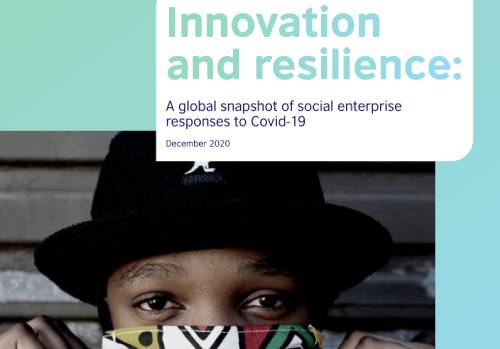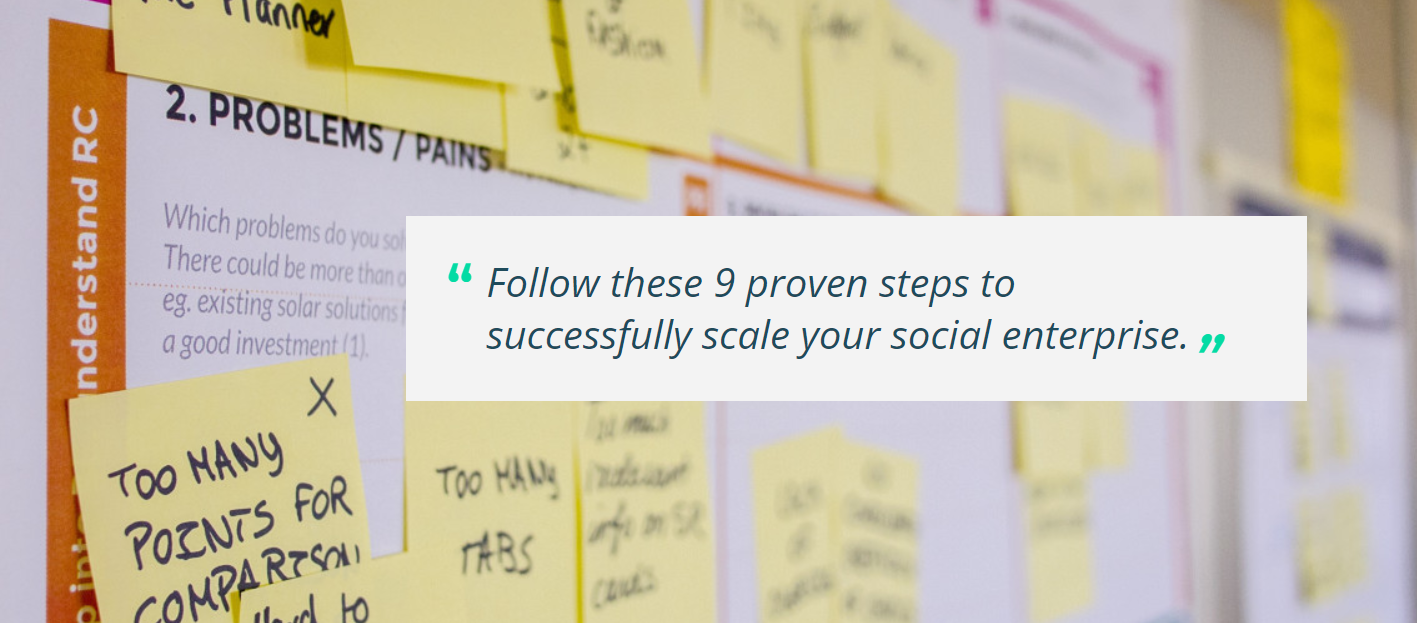If you teach students about social entrepreneurship and social enterprise in this particular period of time. It would be relevant to provide input about how the sector is doing in a time with Corona.
And if you are a social entrepreneur it might also be of relevance to know how your field is doing worldwide in these challenging times.
This is exactly the type of information you will find in a new rapport.
The report “Innovation and resilience: A global snapshot of social enterprise responses to Covid”, show that social enterprises around the world have proven to be very adaptable and innovative in the light of the Covid-19 pandemic. Only 1% report that they have had to close permanently.
The report was published on 9 December and show the results of a study conducted in 38 countries by the British Council, Social Enterprise UK (SEUK) and the United Nations Economic and Social Commission for Asia-Pacific (UN) in August and September 2020. A total of 740 social enterprises participated in the survey.
The results show that social enterprises have been very flexible and innovative in adapting to the major changes created by Covid-19. More than half reported that they had changed their business model and 55% that they had increased their activities online. A third said they are now providing new products and services.
The study also shows that young and female social entrepreneurs are hardest hit by the Covid-19 crisis. Almost a third of social enterprises enterprises led by women have had to reduce their activities and 3% have had to close permanently. These social enterprises need more support.
38% of the companies surveyed said that there had been no support from their governments and 38% said that they had used government support to pay salaries to employees.
The rapport also contains a section with small statements from leaders of social enterprises on their responce to COVID-19.
Read the full rapport here
This publication has been prepared within SENBS project No. 2020-1-EE01-KA204-077999. The content of this publication is the sole responsibility of the project coordinator and may not always reflect the views of the European Commission or the National Agency.
















Your article helped me a lot, is there any more related content? Thanks!